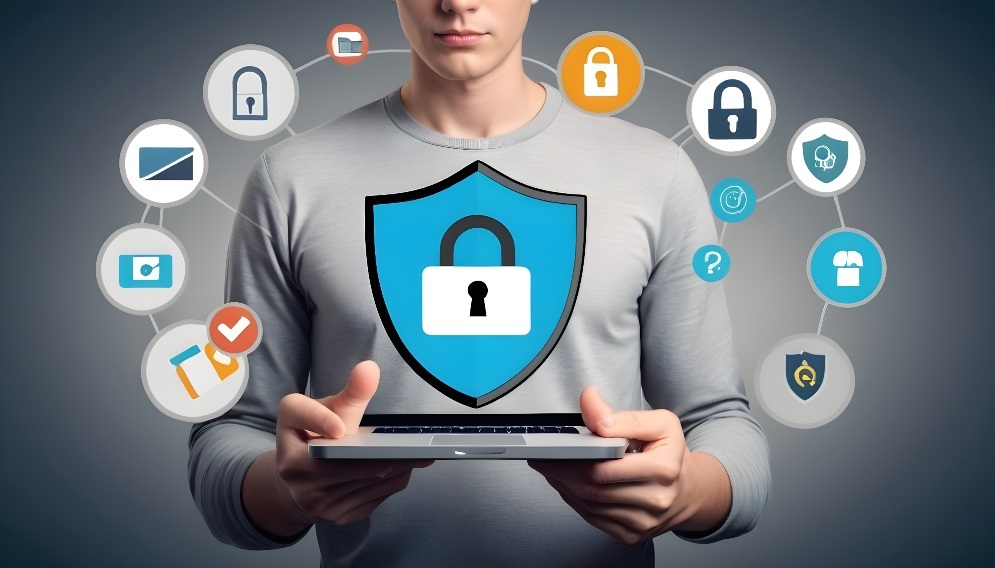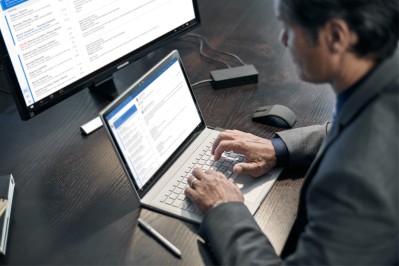
In an era where digital footprints are omnipresent, safeguarding your online privacy through straightforward measures has never been more crucial. With the increasing amount of personal information we share online, it’s crucial to take steps to safeguard our data from prying eyes. Fortunately, there are simple and effective measures you can take to enhance your online privacy and security. By following these easy steps, you can minimize the risk of unauthorized access to your sensitive information and maintain control over your online presence.
- 1. Use Strong and Unique Passwords
- 2. Enable Two-Factor Authentication
- 3. Update Your Software Regularly
- 4. Use a Virtual Private Network (VPN)
- 5. Be Careful of What You Share Online
- 6. Access Privacy Settings on Social Media Platforms
- 7. Use Secure Messaging Apps
- 8. Avoid Clicking on Suspicious Links
- 9. Clear Your Browsing History Regularly
- 10. Educate Yourself About Online Privacy
- Final Thoughts
1. Use Strong and Unique Passwords
One of the most basic yet essential steps to protect your online privacy is to use strong and unique passwords for each of your online accounts. Avoid using easily guessable passwords such as “123456” or “password.” Instead, create complex passwords that include a mix of letters, numbers, and special characters. Additionally, use a different password for each account to prevent a security breach on one platform from compromising all your accounts.
2. Enable Two-Factor Authentication
Two-factor authentication adds an extra layer of security to your online accounts by requiring a second form of verification, such as a code sent to your phone or email, in addition to your password. Enable two-factor authentication whenever possible to prevent unauthorized access to your accounts, even if your password is compromised.
3. Update Your Software Regularly
Keeping your software up to date is crucial for protecting your devices from security vulnerabilities. Make sure to install updates for your operating system, web browser, and apps regularly to patch any security flaws that could be exploited by cybercriminals.
4. Use a Virtual Private Network (VPN)
A Virtual Private Network (VPN) encrypts your internet connection and masks your IP address, making it difficult for third parties to track your online activities. Use a reputable VPN service when connecting to public Wi-Fi networks or browsing the web to ensure your data remains secure and private.
5. Be Careful of What You Share Online
Think twice before sharing personal information, such as your address, phone number, or financial details, on social media or other online platforms. Limit the amount of personal information you disclose online to reduce the risk of identity theft or fraud.
6. Access Privacy Settings on Social Media Platforms
Scrutinize and modify the privacy settings on your social media accounts to control who can see your posts, photos, and personal information. Limit the visibility of your profile to friends and family only, and be cautious about accepting friend requests from strangers.
7. Use Secure Messaging Apps
When communicating online, use secure messaging apps that offer end-to-end encryption to protect your conversations from eavesdroppers. Famous encrypted messaging apps contain Signal, WhatsApp, and Telegram.
8. Avoid Clicking on Suspicious Links
Be cautious when clicking on links in emails, messages, or social media posts, especially if they seem suspicious or come from unknown sources. Phishing attacks often use deceptive links to trick users into revealing sensitive information or downloading malware.
9. Clear Your Browsing History Regularly
Clearing your browsing history, cookies, and cache regularly can help protect your online privacy by removing traces of your online activities. Consider using private browsing mode or a browser extension that blocks tracking cookies for added privacy.
10. Educate Yourself About Online Privacy
Stay informed about the latest trends and threats in online privacy and security. Educate yourself about common scams, phishing techniques, and best practices for protecting your personal information online.
Final Thoughts
By following these easy steps and adopting good online privacy habits, you can enhance your security and protect your personal information from unauthorized access. Remember that safeguarding your online privacy is an continuous process, so stay watchful and proactive in managing your digital footprint. Take control of your online privacy today and enjoy a safer and more secure online experience.



